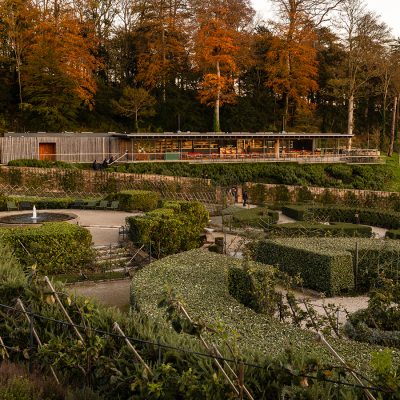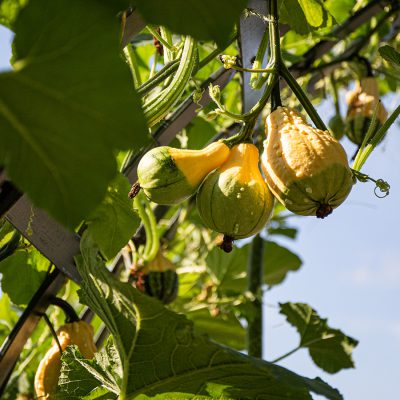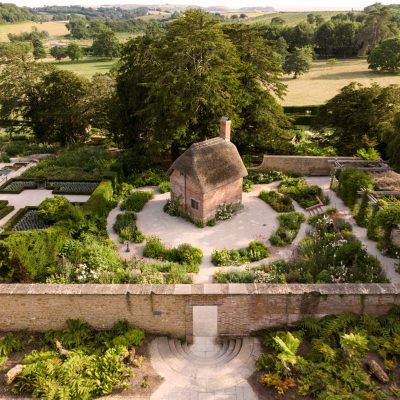International Women’s Day: Celebrating a trio of talented women
March 8th, 2021In honour of International Women’s Day, we’ve asked some of the talented women in our team to tell us more about their work and the women who inspire them.
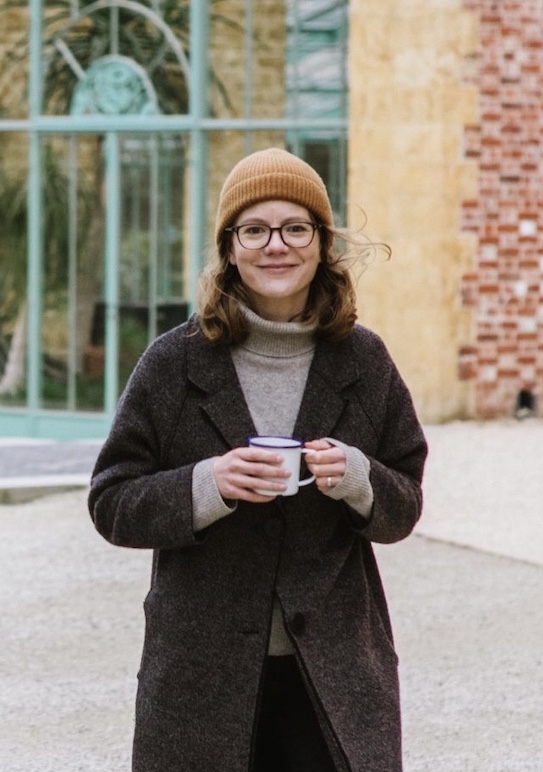
Kate Jarvis, Keeper of Collections
What does your role involve, and how did you enter into it?
I was recruited as an Archivist, but this has been an umbrella term for a hugely diverse role! At its core, the job involves caring for the collection of archives, artworks, books and objects relating to the Hobhouse family, who owned the estate from 1785-2013; but also for the many new acquisitions that we’re making as part of The Newt’s own exciting developments – watch this space!
Before joining The Newt, I worked as a Project Curator in the Americas section of the British Museum, working mostly with ethnographic and archaeological collections.
What are some the most interesting artefacts you’ve discovered about the estate?
For me the most fascinating (and useful!) items in the collection are the two early maps of the estate, dating to the 1720s and 1770. A picture really is worth a thousand words and they provide an endless source of information about the landscape and gardens, as well as being beautiful objects in their own right.
How can we find out more about the estate’s history?
The Archive at The Newt is set to feature more prominently across the estate. We are working on a spectacular new facility with beautiful reading room and will one day feature the collections online. There’s so much to do, so we’re currently recruiting for an Archivist/Collections Officer to join the team.
Can you name any other women in your field who inspire you?
I’m lucky to work in a field in which women have long been prominent, with eminent archaeologists like Kathleen Kenyon at the forefront of early developments in the discipline. Today, I think it’s fair to say that women are the dominant force in the heritage field. I also can’t sign off without saying that, as a new working mum, I’m in awe of all mothers!
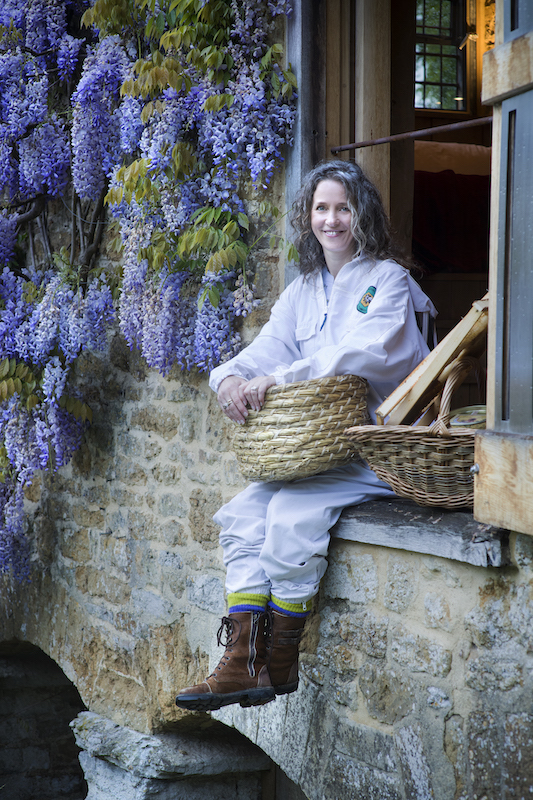
Paula Carnell, Head Beekeeper
When did you start working with bees, and what prompted you?
I’ve been working with bees for the past nine years and they’ve become my life’s work. My husband bought me a hive whilst I was bed and wheelchair bound with Ehlers Danlos syndrome. I had previously worked as an artist, and suddenly found that I was unable to paint, or work. With no expected cure, I had to adapt; I knew that I could watch bees from my bedroom window and that’s how it started. My mentor Chris would visit and care for the bees for me; when able, I would join him and learn from him. As I recovered I took over the care and my colonies expanded. I learned about the benefits of propolis and honey, and became passionate about educating everyone about the parallels between bee and human health.
When asked to help with bees at The Newt I was so excited to put my imagination and dreams into reality, working with the wild colonies across the woodland. Now it gives me such joy to be able to walk around the gardens, recording the various species of bees living there, and most of all leading visitors around on the Bee Safaris sharing the stories of our colonies.
How has working with bees improved your life? Why are you so passionate about them?
You need to be calm working with bees, and once you understand their importance, they change every aspect of your life. I am now far more aware of the connectivity of all things, including our impact on nature and our environment. Bees are a key indicator species, and when we understand what makes them sick, or starving, you can’t help but be inspired to try your best to help them!
What are some of the biggest challenges when it comes to keeping bees?
The hardest parts can actually become the most enjoyable. Time is important as you need to observe and helping your bees during the warm sunny days, so get used to staying at home from April to August! You need to become aware of signs of disease and queen failure, starvation, how to properly feed bees and prepare them for the cold season. Sometimes it’s feeling confident about what NOT to do rather than following the crowd. The best part of beekeeping is collecting the delicious honey when the bees have been well cared for and are happy to share their excess, and seeing the sheer enjoyment of our guests at The Newt in Somerset when they learn we produce it across the estate.
Can you name any other women in your field who inspire you?
Jacqueline Freeman, author of ‘Song of Increase’ and biodynamic beekeeper from Portland, USA. Then of course the bees – Queen and worker bees are all female, and I learn from and am inspired by them every day!
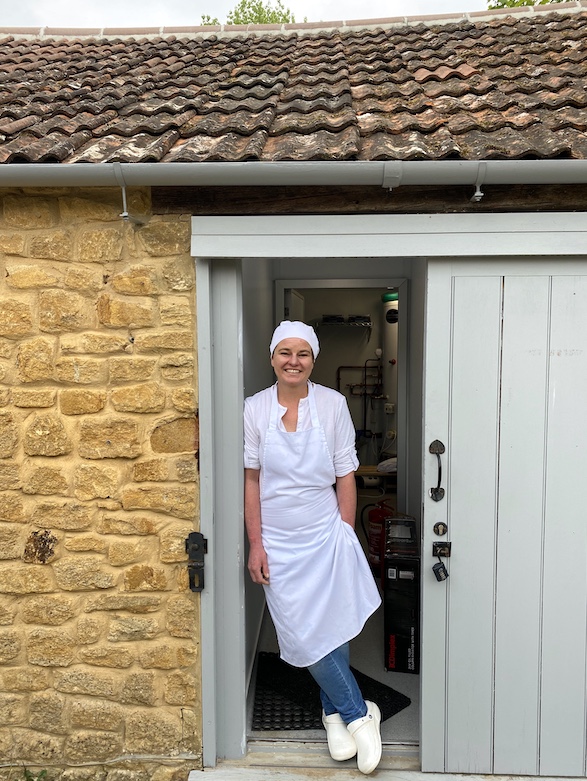
Karen Pretorius, Cheesemaker
What does your role involve, and how did you enter into it?
I am The Newt Cheesemaker, responsible for all our buffalo milk products: currently halloumi, mozzarella and yoghurt.
My journey here began in South Africa where I started the Bakery and Farm Shop at Babylonstoren. Besides baking I was also responsible for making some of our meat and charcuterie products and managing the Cheese Room. During trips to Italy to work at Vignamaggio, I fell deeply in love with making cheese and spent some time working at a Caseficio in Verona.
I moved to the UK in 2019 after working on an organic farm in Denmark for four years and started the Bakery and Cyder Bar before moving on to cheesemaking. Currently I produce our cheese and yoghurt in a quaint little stone building in Yarlington, in walking distance of the main estate, and we source our milk from a local buffalo farm in Ilchester.
Tell us a bit about the cheesemaking process – do you need a particular mindset to be a cheesemaker? Can people try it at home?
Cheesemaking requires passion and patience! A love of science and biology doesn’t hurt either! We choose to not standardise the milk for mozzarella by pasteurising but embrace the changing seasons and the changing forage and grazing patterns of the buffalo. It is not always easy to evolve the process with the changes, but it makes for a truly artisanal product and allows us to retain all the natural goodness and flavour.
I would definitely encourage people to make cheese, or yoghurt at home! Everyone seemed to start baking sourdough bread during the pandemic and in some ways the process for cheese is the same.
Any new products that you’re working on?
I definitely have a few surprises up my sleeve; like the rest of the Estate, I need to evolve with the seasons and what nature brings us.
Can you name any other women in your field who inspire you?
Too many to mention! Everyone has qualities that I admire. I feel particularly privileged to work on the Estate where Emily Hobhouse lived – a truly inspirational humanitarian and fearless fighter for women’s rights.

